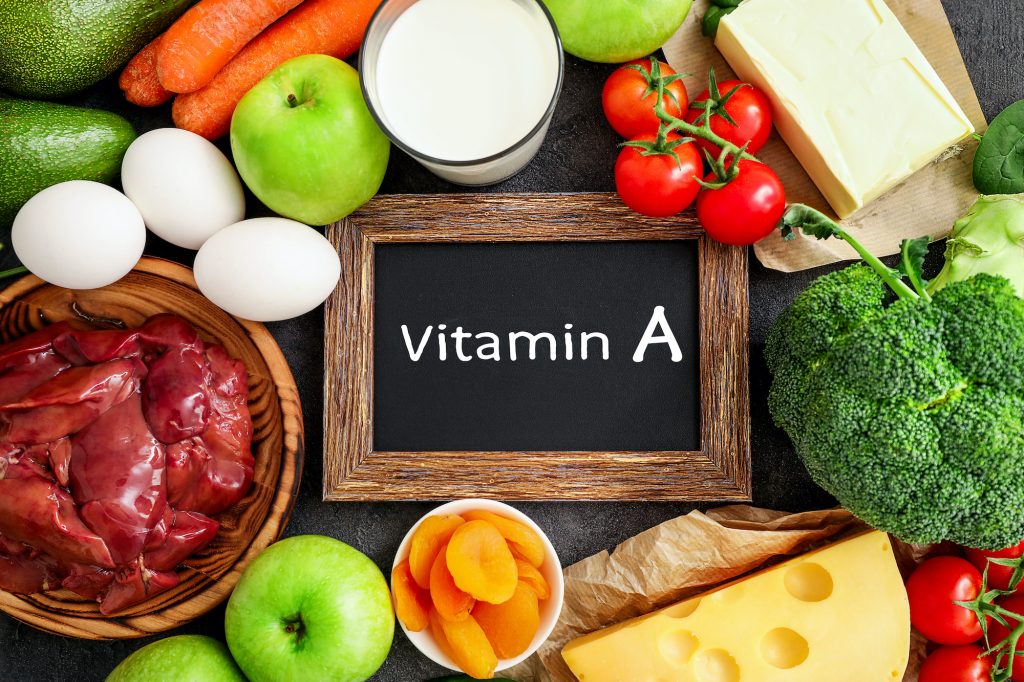What is vitamin A
Vitamin A is a nutrient found in many foods and supplements, and it is important for your health. Vitamin A helps the body produce red blood cells, which are important for fighting against cancer and other diseases. It can also help the body create healthy eyes and skin.
Why is vitamin A important?
The lack of vitamin A is a major deficiency that can lead to many health problems. Vitamin A is important for the eyes, skin, and hair. It is also important for good vision and hearing. Vitamin A can also help prevent some types of cancer.
What are the benefits of taking vitamin A?
Vitamin A is a critical nutrient for human health and can play an important role in defending the body against vision problems, skin conditions, and other age-related illnesses. Some of the benefits of taking vitamin A include: reducing the risk of blindness; helping to prevent chronic diseases such as heart disease, diabetes, and cancer; providing defence against harmful UV radiation exposure; and improving mental health.
How do you get enough vitamin A?
Vitamin A is also important for maintaining vision health, preventing conjunctivitis and other eye diseases, and tightening your immune system. It can also boost cognitive function and help prevent some forms of cancer. In addition, taking vitamin A can improve your immune system.
The benefits of taking vitamin A include reducing the risk of developing skin cancer, averting blindness, and helping to prevent heart disease and diabetes.
The key ingredients in a good vitamin A supplement
There are many different types of vitamin A supplements on the market today, but some of the most important ingredients are Retinal and beta-carotene. These two ingredients are responsible for providing vision health and preventing Age-related Macular Degeneration (AMD).
What is the advantage of taking vitamin A?
When it comes to preventing health problems, being proactive is key. Taking the right supplements can help Packed with Vitamins A and C can offer many advantages over taking a single vitamin alone. For one, this combination offers better protection against various diseases and conditions. Additionally, taking these two vitamins together can help boost your immune system and protect you from some common illnesses.
What are the disadvantages of taking vitamin A?
Vitamin A is a key nutrient for human health and is essential for the development of vision, nerve function, and skin health. However, there are some disadvantages to taking vitamin A. One major disadvantage of taking high levels of vitamin A is that it can cause deficiencies in several different areas of the body including vision, nerve function, and skin health.
Vitamin A Deficiency: What is the most severe form?
Vitamin A deficiency can be the most severe form, Potassium Iodate Deficiency. This is because it causes the body to produce too little iodine, which is essential for keeping the thyroid healthy and producing energy. There are other forms of vitamin A deficiency, but Potassium Iodate Deficiency is the most severe. It can cause problems with vision, hearing, learning,iosis (a condition in which a person’s immune system attacks their skin), arthritis and other chronic diseases.
The Top Sources of Vitamin A
There are a variety of ways to get vitamin A, but the most common is from foods that contain nutrients. Sun exposure is one way to get vitamin A, and it’s important to be aware that the amount of vitamin A in the sun’s rays will vary depending on your location. Some places have more sunlight than others, so it’s important to take advantage of these opportunities when getting your recommended allowance of vitamin A. Also, pregnant women and breastfeeding mothers should receive at least 400 IU/day of vitamin A.
The Top Sources of Vitamin A are eggs, dark green leafy vegetables, fortified foods and beverages, fortified supplements, and fortified products from pregnant women and their fetuses.
How to get the Most Vitamin A from Foods
The amount of vitamin A in foods can be increased through cooking, eating a healthy diet and taking Vitamin A supplements.
There are many factors that can affect how much vitamin A you’ll receive from different foods. However, some tips on how to get the most vitamin A from foods include eating a balanced diet with lots of fruits and vegetables, eating a variety of foods, and drinking plenty of water.
Conclusion
Vitamin A is important for your health. It helps the body produce red blood cells, which are important for fighting against cancer and other diseases. Additionally, vitamin A is a necessary nutrient for preventing blindness and other vision problems.



